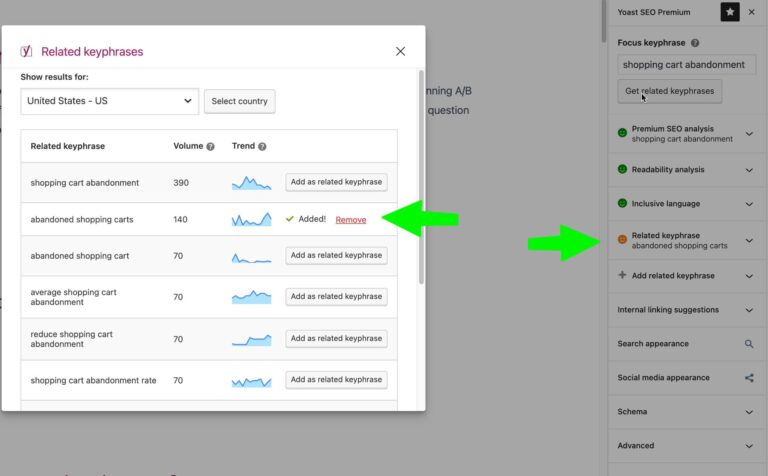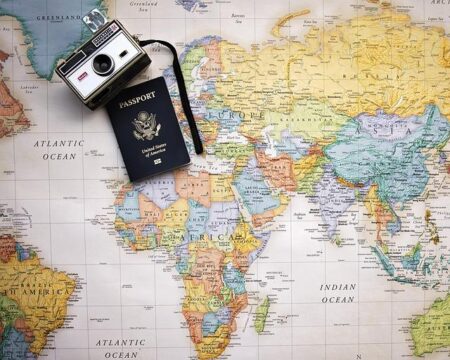Thousands of travelers have been left stranded across major European hubs as leading airlines including British Airways, Air France, Lufthansa, and easyJet cancel more than 70 flights. The widespread disruptions have severely impacted airports in Paris, London, Barcelona, and Basel, causing significant delays and travel chaos. The cancellations come amid ongoing operational challenges, leaving passengers scrambling for alternatives and highlighting the fragile state of post-pandemic air travel across the continent.
Thousands of Travelers Face Major Disruptions as Airlines Cancel Over 70 Flights Across Key European Hubs
Severe disruptions swept across Europe’s major airports yesterday as airlines including British Airways, Air France, Lufthansa, and easyJet collectively canceled more than 70 flights. These cancellations have left thousands of passengers stranded, triggering chaos and long queues at airports in London, Paris, Barcelona, and Basel. Travelers faced sudden itinerary changes, with many forced to seek alternative routes or endure prolonged wait times for customer service assistance.
Key affected hubs and airlines include:
- London Heathrow and Gatwick: British Airways canceled 25 flights, primarily affecting outbound services to European and transatlantic destinations.
- Paris Charles de Gaulle: Air France suspended over 20 flights, citing staffing shortages amid ongoing industrial disputes.
- Barcelona-El Prat: easyJet canceled 15 flights, impacting popular holiday routes.
- Basel Mulhouse Airport: Lufthansa’s cancellations exceeded 10 flights, affecting connecting services to key European cities.
| Airport | Airlines Affected | Number of Flights Canceled | Primary Impact |
|---|---|---|---|
| London Heathrow & Gatwick | British Airways | 25 | Outbound European & Transatlantic services |
| Paris Charles de Gaulle | Air France | 20+ | Staff shortages due to industrial action |
| Barcelona-El Prat | easyJet | 15 | Holiday routes cancellations |
| Basel Mulhouse | Lufthansa | 10+ | Connecting flights disrupted |
Authorities and airline operators are urging customers to stay updated via official airline channels and to check their flight status before heading to the airport. The industry has attributed the disruptions to a combination of labor disputes, logistical bottlenecks, and ongoing operational strains as European air traffic gradually recovers post-pandemic. Passengers are advised to prepare for delays and to explore flexible rebooking options to navigate the evolving Situation effectively.
Impact on Paris, London, Barcelona and Basel Airports Highlights Growing Operational Challenges
Airports in Paris, London, Barcelona, and Basel have become epicenters of mounting travel disruption as cancellations soar. The combined impact on these major hubs underscores an increasing strain on airport operations and logistics, with thousands of passengers facing delays, missed connections, and overcrowded terminals. Airlines including British Airways, Air France, Lufthansa, and easyJet have been forced to cancel over 70 flights amid crew shortages, technical issues, and rising demand, leading to widespread frustration among travelers. Airport staff have been stretched thin, and airport authorities are working tirelessly to manage the chaotic scenes, but the ripple effects are evident across check-in queues, baggage handling, and flight schedules.
Key operational challenges contributing to the disruption include:
- Increased passenger volume overwhelming existing infrastructure.
- Staff absenteeism linked to health concerns and labor disputes.
- Supply chain bottlenecks affecting ground services and equipment availability.
- Weather-related delays compounding operational backlogs.
| Airport | Flights Cancelled | Estimated Passengers Affected |
|---|---|---|
| Paris Charles de Gaulle | 25 | 8,500 |
| London Heathrow | 20 | 7,200 |
| Barcelona El Prat | 15 | 5,400 |
| Basel Mulhouse | 12 | 3,800 |
Expert Advice for Stranded Passengers Navigating Cancellations and Seeking Alternative Travel Options
Passengers affected by recent widespread flight cancellations across major European hubs should immediately explore flexible travel alternatives to minimize disruptions. Experts advise contacting airlines directly via official apps or websites to request rebooking or refunds, as digital channels often allow faster processing than phone lines overwhelmed by call volumes. Additionally, leveraging travel insurance policies-even if initially purchased outside of COVID-19 claims-can provide unexpected coverage for such significant operational disturbances. Travelers should also remain vigilant about real-time updates by signing up for airport alerts or following airline social media accounts, ensuring they are informed of last-minute changes or available substitute flights.
Alternative travel options include:
- Booking rail services between major cities in Europe, which may offer flexible tickets and frequent departures.
- Considering regional low-cost carriers with available seats on similar routes.
- Evaluating car rental or ride-sharing for shorter distances where applicable.
For quick comparison, the table below outlines estimated average travel times and typical costs for popular disrupted routes versus rail and road alternatives:
| Route | Flight (Canceled) | Train (Alternative) | Driving (Alternative) |
|---|---|---|---|
| London – Paris | 1-1.5 hrs, ÂŁ80-ÂŁ150 | 2.5 hrs, ÂŁ50-ÂŁ120 | 5-6 hrs, ÂŁ70-ÂŁ100 (fuel & tolls) |
| Barcelona – Basel | 1.5-2 hrs, €90-€160 | 7-8 hrs, €60-€130 | 9-10 hrs, €90-€140 |
| Paris – Frankfurt | 1.25 hrs, €100-€180 | 3.5-4 hrs, €70-€150 | 6-7 hrs, €80-€120 |
The Conclusion
As disruptions continue to ripple through major European hubs, thousands of travelers remain stranded amid widespread flight cancellations by British Airways, Air France, Lufthansa, easyJet, and other carriers. With over 70 flights canceled across key airports in Paris, London, Barcelona, and Basel, the situation underscores the growing challenges facing the aviation industry. Passengers are advised to stay updated with their airlines for the latest information and prepare for ongoing delays as carriers work to restore normal operations. Further developments will be closely monitored and reported as the story evolves.




